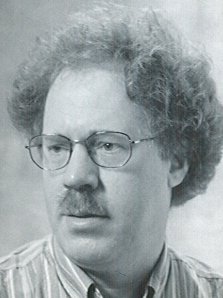Wout Ultee, born in Woerden, the Netherlands, in 1946. Ph.D. from Utrecht University. Professor of General and Theoretical Sociology at the Radboud University Nijmegen.
Fellow (1 September 1996 – 30 June 1997)
I came to NIAS with the idea of working on one particular Dutch paradox: the question of why, given the about average level of economic development of the Netherlands as a post-industrial country and given the absence of a social-democratic political tradition in this country, various inequalities between the inhabitants of the Netherlands – not only income disparities, but also measures for the permeability of stratification systems like social mobility and socially mixed marriages – are so small.
I did work on this paradox, but due to my broader interests and some of the scholars present at NIAS, I left NIAS working on another Dutch paradox: the question of why the extent of Dutch collaboration with the German occupier during World War II – as indicated by the compared with other countries high percentage of slaughtered Jews, the percentage of persons who joined national-socialist organisations and the high degree to which Dutch industry fulfilled German orders – was so much higher than indicated by the strength of pre-war antisemitism, the pre-war vote for a national-socialist political party, and anti-german sentiments visible directly after the Dutch surrender in May 1940.
